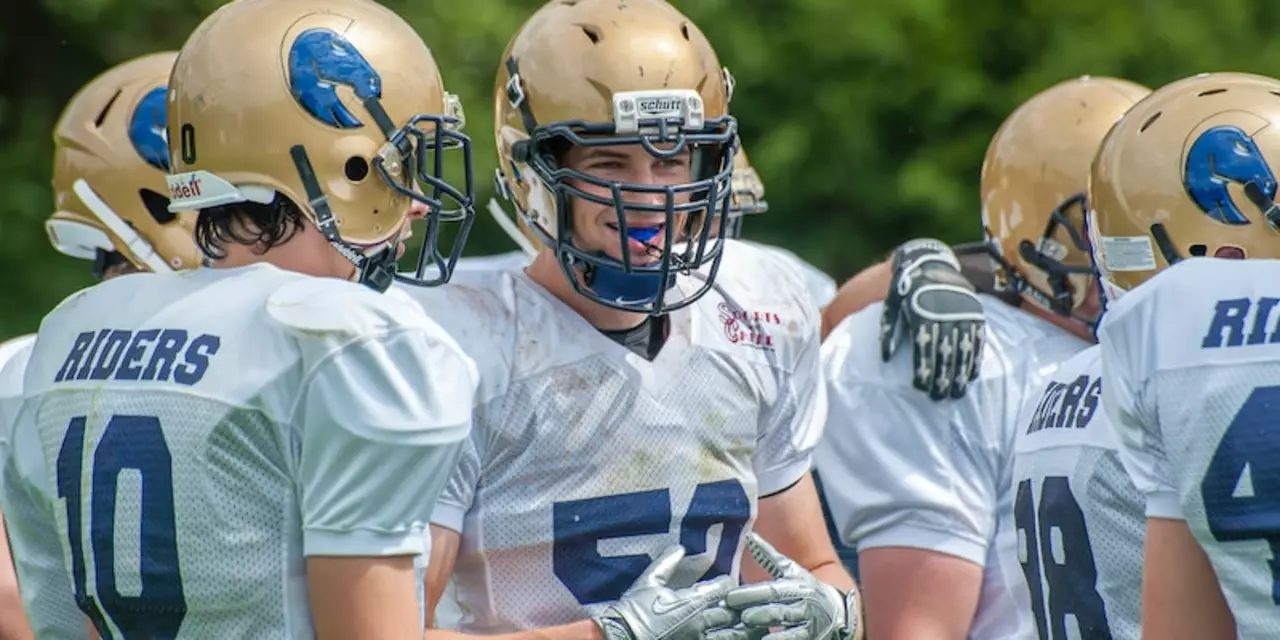Dislike in Sports: Why Negative Feelings Matter
When it comes to Dislike, a strong negative feeling that fans, players or media express toward a team, decision or event in sport. Also known as aversion, it often shows up in sports rivalry, a competitive clash where opposing sides regularly provoke each other's emotions and shapes fan sentiment, the collective mood of supporters that can swing from enthusiasm to outright hatred. This mix of dislike, rivalry and sentiment creates the drama we love watching.
The first thing to notice is that dislike isn’t just a feeling; it’s a driver of action. A fan who dislikes a rival coach might start a chant, a player who dislikes a referee’s call may react on the field, and a club that dislikes a transfer policy might overhaul its roster. In other words, dislike influences fan sentiment, and that sentiment fuels the narrative of a sports rivalry. When a team consistently performs poorly, the dislike grows, feeding into controversial moments like heated arguments or protest banners. This chain reaction—dislike → fan sentiment → controversial moments—forms a clear semantic triple that explains many headlines you see on the tag page.
How Dislike Shapes Sports Narratives
Sports rivalry often thrives on a shared dislike. Think of the historic clashes between Boston’s teams and their New York counterparts; the mutual aversion adds extra heat to every game. That aversion is not random—it’s built on past results, city pride, and media hype. The rivalry then creates a platform where fan sentiment can swing wildly, turning a close win into a celebration and a narrow loss into a bitter grievance. This pattern proves that rivalry encompasses both competition and emotion, linking two core entities in a single story.
Another key link is between controversial moments and team performance. When a club underperforms, supporters look for scapegoats—often a coach’s tactics, a star player’s form, or a league’s rule changes. Those pain points trigger dislike, which then erupts as protests, social media outbursts, or even stadium boycotts. The result is a feedback loop: poor performance breeds dislike, dislike fuels controversy, controversy pressures the club to change, and the cycle repeats. This triple—team performance → dislike → controversial moments—captures why many of the posts on this page focus on coaching decisions, league structures, and fan reactions.
Dislike also plays a role in player development and recruitment. A club that dislikes losing young talent to bigger teams may tighten contracts or invest in better academies. In contrast, a team that dislikes being labeled a “dumping ground” for aging stars might overhaul its scouting strategy. These strategic shifts illustrate how dislike triggers concrete actions that shape the future of clubs, from transfer policies to youth programs.
From an audience perspective, dislike adds flavor to content. Articles that dissect why a super bowl might be “fixed” or why a city like Boston dominates sports often hinge on underlying rivalries and fan dissatisfaction. Readers are drawn to stories that explain the why behind the heat, and that’s exactly what the collection below offers—insightful looks at how negative feelings drive big decisions, spark controversies, and influence outcomes.
In practice, you’ll notice that every post tagged with dislike touches at least one of the related entities we discussed. Whether it’s an analysis of an NFL practice schedule (team performance and fan sentiment), a deep dive into sporting directors (dislike of poor recruitment), or a guide on swimming goggles (dislike of glare and eye strain), each piece shows how a single negative feeling can ripple through a whole sport.
Below you’ll find a curated set of articles that unpack these dynamics. From bold claims about Super Bowl conspiracies to thoughtful breakdowns of how a sporting director shapes a club, the stories illustrate how dislike fuels debate, prompts change, and keeps fans engaged. Dive in to see how the emotion you feel in the stands translates into the headlines you read online.
Should I play a sport in high school even if I might not like it?
Playing a sport in high school can be a great way to stay active, make friends and learn important teamwork skills. However, if you don’t particularly enjoy the sport, it can be hard to stay motivated. It is important to consider the different benefits of playing a sport before deciding whether or not to play. It is ok to take some time away from the sport and reevaluate your feelings towards it, or to try a different sport to find one that is more enjoyable. Ultimately, it is up to the individual to decide if they should play a sport in high school.
